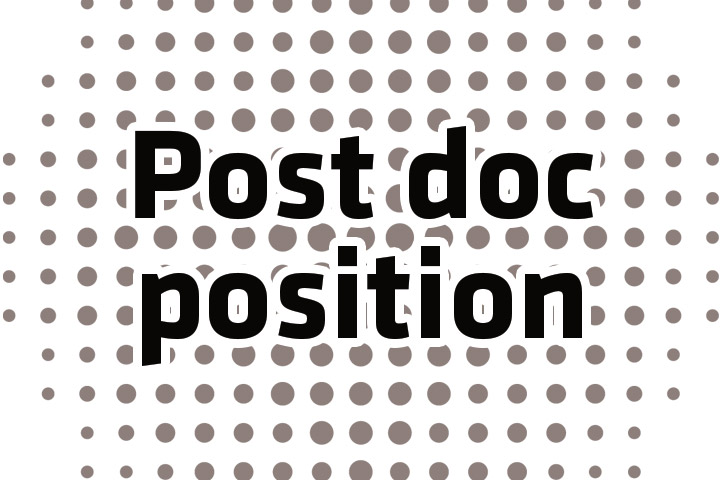
Postdoctoral position: The impact of philosophical thinking in today’s neurosciences
Duration: One year (additional funding for one year is currently being sought)
Start date: Ideally September or October 2025, but a later date (January 2026 at the latest) is possible.
Application deadline: February 7th, 2025
Expected background:
Candidates to this position will have a strong background in bibliometrics, and/or neuroscience, and/or philosophy of science, with a good knowledge of neuroscience.
Topic
The interweaving of neuroscience and philosophy has often been described as a paradigmatic case of successful interdisciplinary integration, based on a dual conviction: on the one hand, certain philosophical questions, such as the nature of consciousness, are now being studied by neuroscientists; on the other, several philosophers, such as Patricia Churchland, Jerry Fodor, Daniel Dennett and Carl Craver, are said to have had a strong scientific influence on certain developments in neuroscience since the mid-20th century, particularly in cognitive neuroscience. The question of the possible impact of philosophy on neuroscience is particularly pressing today, as many neuroscientists are raising central epistemological questions, such as how to establish causality in neuroscience, or how to integrate several levels of analysis, from the molecular to the cognitive. However, it is striking that the idea of a very strong integration between philosophy and neuroscience has, until now, never been studied in a precise empirical way. This project aims to fill this gap by combining unique expertise in philosophy of science (especially philosophy “in” science) and neuroscience at the Bordeaux site. It comprises two successive phases. The first, descriptive, will involve an empirical examination of the impact of philosophy on neuroscience, using four analytical tools: bibliometric analysis of citations, questionnaires, interviews, and a detailed historical review of a few examples of successful integration. The second, more constructive and prescriptive, part will build on the empirical analysis proposed in the first part by formulating new, concrete avenues of research on how philosophy can be useful to neuroscience in the future, in the Bordeaux area and beyond.
PI: Thomas Pradeu (CNRS Research Director, ImmunoConcEpT, University of Bordeaux, France)
Co-PIs of this project: Serge Ahmed, Thomas Boraud, Nora Abrous, and Aline Desmedt (all experts in neuroscience); Cédric Brun (philosophy of science)
Details and application
https://www.philinbiomed.org/job/postdoc-philosophy-neuroscience/
Mise à jour: 17/01/25
